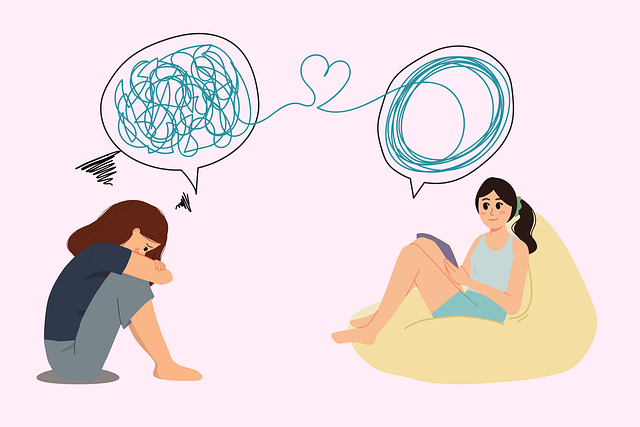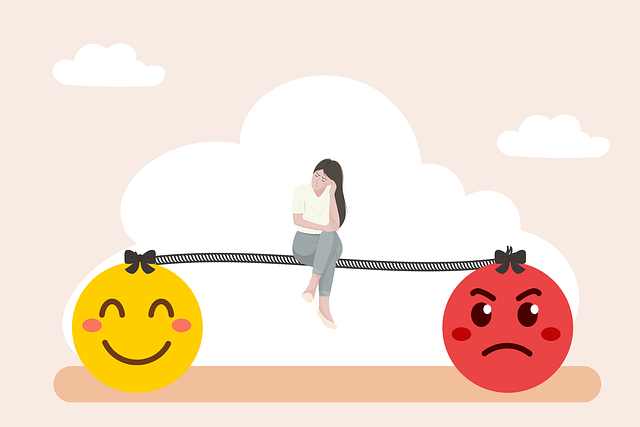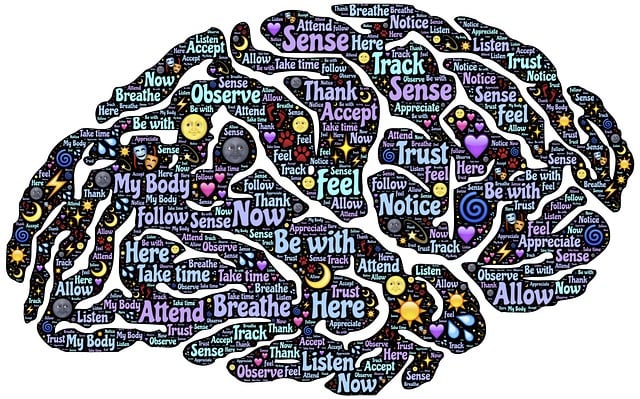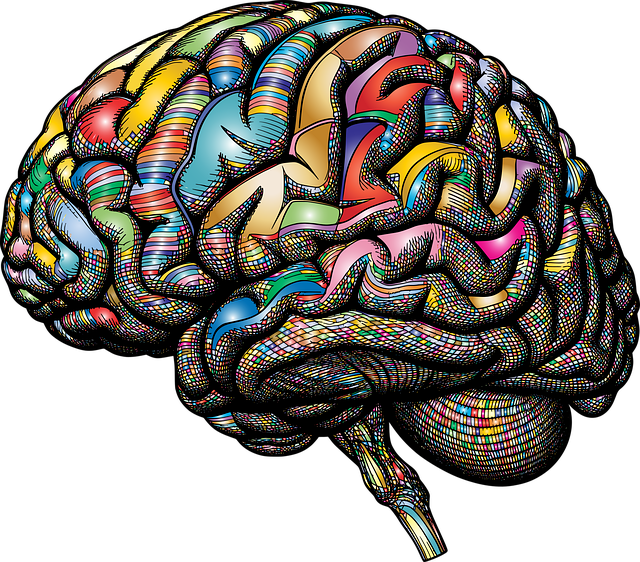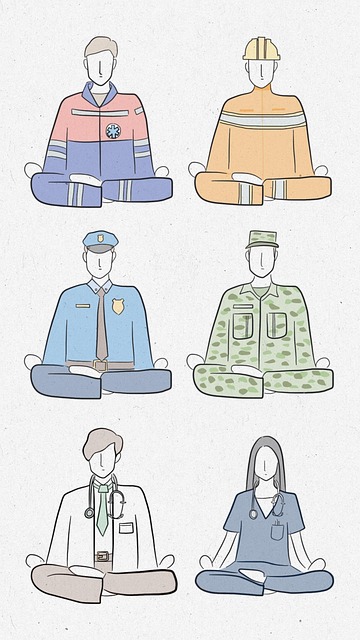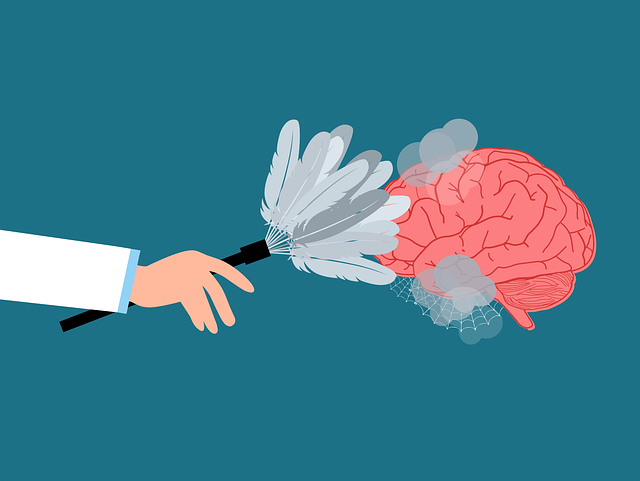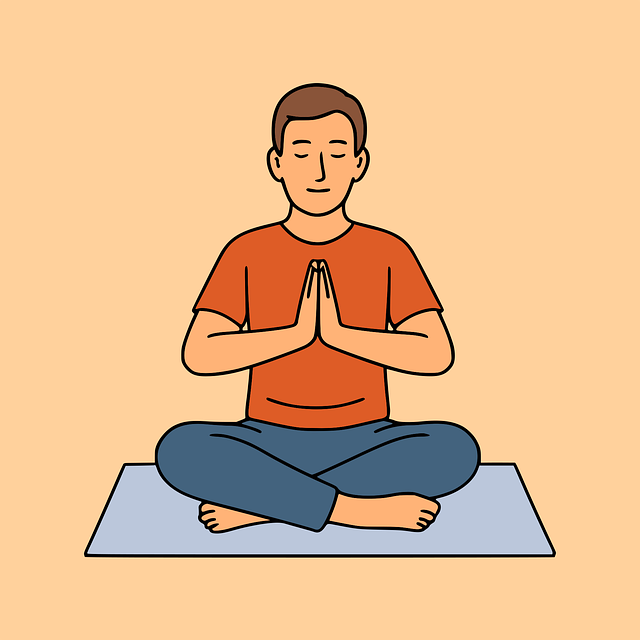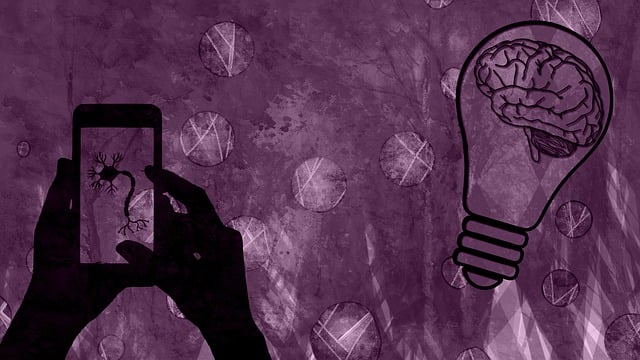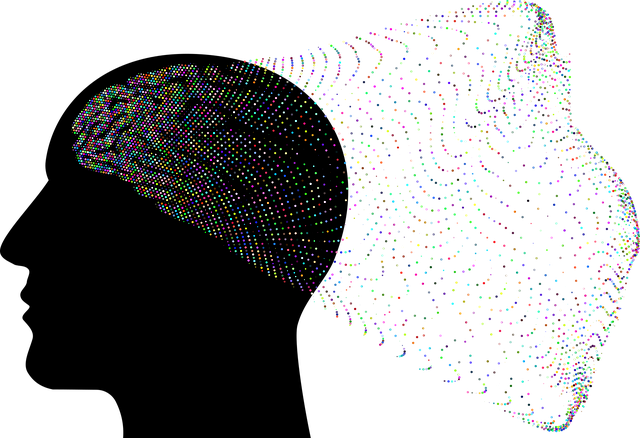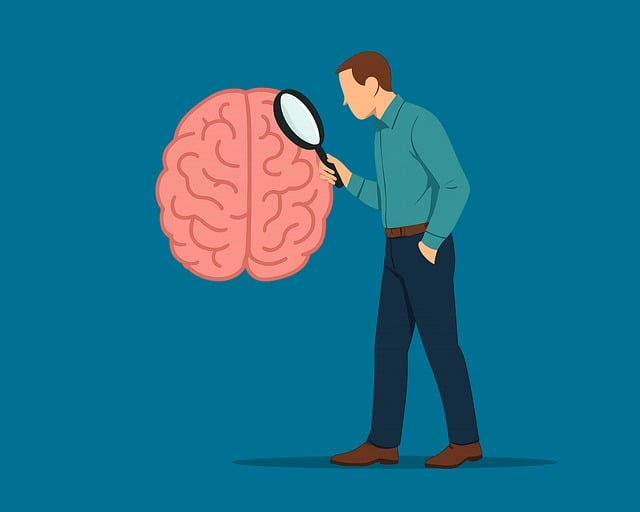Mental wellness for individuals with Centennial Learning Disability (CLD) involves tailored strategies addressing unique cognitive challenges. CBT, mindfulness, compassion cultivation, and culturally sensitive practices enhance self-esteem, resilience, and daily functioning. Identifying personal needs and setting self-care goals is crucial, including emotional intelligence techniques, physical activity, mindful meditation, and journaling. Centennial Learning Disability Therapy promotes personalized self-care routines to boost focus, reduce anxiety, and support mental wellness long-term, incorporating trauma support and stigma reduction efforts for holistic care.
“Unwind, recharge, and embrace wellness – this is not just a luxury but a necessity for navigating life’s challenges. In an era where mental health awareness grows, understanding your unique needs is key. This article guides you through crafting a personalized self-care routine, leveraging insights from Centennial Learning Disability Therapy. We’ll explore how recognizing the impact of mental wellness on daily life and setting achievable goals can transform your approach to self-care, ensuring long-term emotional resilience.”
- Understanding Mental Wellness and Its Impact on Daily Life
- Identifying Personal Needs and Goals for Self-Care
- Crafting a Tailored Self-Care Routine with Centennial Learning Disability Therapy
- Integrating Self-Care into Your Lifestyle for Long-Term Wellbeing
Understanding Mental Wellness and Its Impact on Daily Life

Mental wellness is a crucial aspect of overall health and well-being, encompassing our emotional, psychological, and social state. It influences how we think, feel, and act in our daily lives. Understanding mental wellness involves recognizing that it’s not merely the absence of mental illness but a dynamic state that can fluctuate based on various factors. These factors include life experiences, relationships, work stress, and personal challenges. When our mental wellness is compromised, it can significantly impact our ability to function in everyday tasks, maintain relationships, and make decisions.
For individuals with Centennial Learning Disability (CLD), managing mental wellness requires tailored strategies. CLD presents unique cognitive challenges that can affect learning, memory, and attention. Therefore, addressing mental wellness involves a holistic approach, incorporating therapy like Cognitive Behavioral Therapy (CBT) to manage symptoms, along with self-care practices such as mindfulness meditation and compassion cultivation to enhance self-esteem and resilience. Cultural sensitivity in mental healthcare practice is also essential, ensuring that therapies and support are culturally appropriate and inclusive.
Identifying Personal Needs and Goals for Self-Care

Identifying your personal needs and setting goals for self-care is a vital step in fostering mental wellness. This process involves introspecting and understanding your unique circumstances, including any challenges or learning disabilities like Centennial Learning Disability Therapy. It’s about recognizing what brings you joy, calmness, and a sense of accomplishment. For instance, someone with a learning disability might find that structured yet flexible routines, along with specific coping mechanisms tailored to their condition, significantly enhance their mental health awareness and overall well-being.
Self-care goals can be as diverse as the individuals themselves. They could range from practicing emotional intelligence techniques for better stress management, engaging in regular physical activity, or developing healthy habits like mindful meditation or keeping a journal. The key is to tailor these practices to your specific needs, ensuring they align with your lifestyle and personal preferences. By doing so, you can create an effective self-care routine that promotes mental health awareness and fosters a sense of balance and fulfillment.
Crafting a Tailored Self-Care Routine with Centennial Learning Disability Therapy

Crafting a self-care routine that aligns with your unique needs is a powerful step towards enhancing mental wellness, especially for individuals navigating learning disabilities. Centennial Learning Disability Therapy offers valuable insights into this process, emphasizing the importance of tailoring practices to suit individual preferences and challenges. This personalized approach ensures that self-care becomes an effective tool in managing symptoms and fostering growth.
Through therapy, individuals can explore various techniques such as Mindfulness Meditation and Stress Management Workshops, which are proven to benefit those with learning disabilities. By participating in these activities, one can improve focus, reduce anxiety, and boost self-esteem. The key lies in finding what works best for you; whether it’s adopting a daily journal practice, engaging in physical exercise, or connecting with supportive communities, each person’s journey towards optimal mental wellness is distinct.
Integrating Self-Care into Your Lifestyle for Long-Term Wellbeing

Incorporating self-care practices into your daily routine is a powerful step towards fostering long-term mental wellness, especially for individuals navigating life with a learning disability or past traumatic experiences. It’s not just about occasional relaxation; it’s a holistic approach to building resilience and overall well-being. By committing to consistent self-care, you’re taking charge of your mental health and creating a foundation for a more balanced and fulfilling life. This can include various activities tailored to individual needs, such as mindfulness practices, regular exercise, or dedicated time for hobbies and interests.
Centennial Learning Disability Therapy emphasizes the importance of personalized self-care plans that consider unique challenges and strengths. Trauma Support Services can play a vital role in helping individuals process past traumas and develop effective coping mechanisms, which are essential components of any self-care routine. Moreover, Mental Illness Stigma Reduction Efforts encourage open conversations about mental health to foster understanding and create supportive environments, making it easier for individuals to prioritize their well-being. Effective communication strategies, when incorporated into self-care, can enhance emotional awareness and strengthen connections with support systems.
Developing a mental wellness self-care routine is a powerful tool for enhancing overall wellbeing, especially with guidance from therapeutic approaches like Centennial Learning Disability Therapy. By understanding our unique needs and setting achievable goals, we can navigate life’s challenges more resiliently. Integrating self-care practices into our daily lives fosters long-term mental health and allows us to embrace a more balanced and fulfilling existence.

